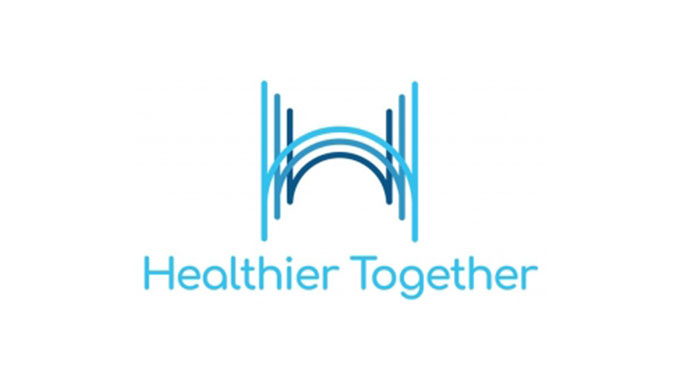Research In Action
Research In Action
Breadcrumb

Children’s Hospital of Philadelphia’s (CHOP) dedication to the health and well-being of children extends far beyond the hospital’s walls. CHOP has long understood that a child’s health is also impacted by factors outside of the medical care we provide. The non-medical needs that impact children and families’ health are called the social determinants of health and can be responsible for as much as 80% of their health and well-being.
CHOP is committed to addressing these broader social needs and has partnered with local communities, nonprofit organizations, and government agencies to create Healthier Together, an initiative to address four key social determinants of health: housing, hunger, trauma, and poverty. Through Healthier Together’s trauma pillar, CHOP strives to enhance child well-being and safety by bolstering the social and community resources to build resilience.
The Center for Violence Prevention (CVP) at CHOP is proud to be a part of this impactful initiative and bring programmatic support to the Healthier Together trauma pillar. Research shows that exposure to community violence and childhood trauma put children at an increased risk for future mental health issues. By intervening early, the goal is to break the cycle between exposure to trauma, maladaptive coping, and poor mental health outcomes. Healthier Together’s Growing Resilience in Teens (GRIT) Program works toward this goal by proactively screening, intervening, and referring youth to supportive community programs and interventions that mitigate the effects of trauma.
GRIT In Action
There are several pathways that connect children and families with support, all beginning in the Primary Care Network at CHOP. Currently, providers at two CHOP primary care centers, Karabots and Cobbs Creek, are implementing a brief screen with children and families to identify recent trauma, loss, and/or concrete needs. Upon identification of a potentially traumatic event or experience, children and families can receive a direct referral to an appropriate group-based services and/or a comprehensive trauma-informed mental health assessment.
Through our assessment, youth are assessed for post-traumatic stress symptoms, depression, and anxiety, as well as suicidality. Following the needs assessment, youth and families are connected with appropriate support and services to address their needs and help foster resilience and healing. A highlight of this service is recognizing that some families need support and navigation to connect with resources due to many systemic barriers. We work with the family to help navigate the systems and ensure that they are connected to the services they need. Strong communication between GRIT, primary care providers and social workers ensures that all team members are aware of the services a family is receiving and that the care is coordinated.
The GRIT program services include:
- Uplift Center for Grieving Children - Provides support groups to youth and caregivers grieving a death or type of ambiguous loss.
- Child Guidance Resource Center - Offers trauma-focused groups to youth and caregivers in order to teach about normal responses and symptoms following a traumatic event.
- Family Advocacy and Support Program (FAS) at CVP - Provides intensive case management support to youth and families in order to help them navigate complex, complicated systems of care in Philadelphia, address concrete needs, and help children and families recover after exposure to trauma or violence. Family-led, voluntary case management services are provided to families for three to six months and social workers partner with families to work toward mutually identified goals.
Reflecting on our First Six Months
Since the start of GRIT in January 2021, GRIT has provided support and services to 87 youth and 61 caregivers. The Family Advocacy and Support program is working with families to provide support, resources, and assistance with navigating complex systems. Families have received assistance with connecting to intensive mental health services, obtaining birth certificates and social security cards, connecting with counseling around intimate partner violence, obtaining safe and stable housing, securing working papers and scheduling evaluations for Individualized Education Plans (IEPs).
The work to support youth and families in Philadelphia cannot be done alone. The Center for Violence Prevention is proud to be part of the network of agencies, programs, and advocates working together to support healing and foster resilience for Philadelphia’s children.

